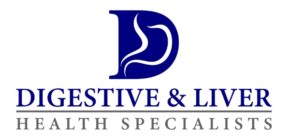Hiatus Hernia
A hiatal hernia occurs when the stomach or any other internal organ bulges out in the chest cavity through an opening in the chest. Hiatus is an opening through the diaphragm through the oesophagus, called a hiatal hernia.1 Although hiatus hernia may be asymptomatic, it can cause heartburn, chest pain, and acid reflux. A hiatal […]

